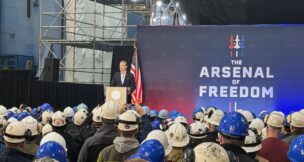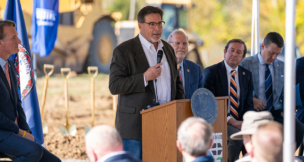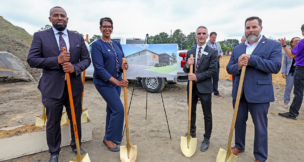Rocket Lab, Leidos sign contract for 4 rocket launches
California-based Rocket Lab USA has signed a contract with Reston-based Fortune 500 contractor Leidos to launch four Hypersonic Accelerator Suborbital Test Electron (HASTE) missions, the launch company announced Tuesday. The suborbital testbed launch vehicle missions will lift off from Rocket Lab’s Launch Complex 2 at the Mid-Atlantic Regional Spaceport, located at NASA‘s Wallops Fligh[...]
Rocket Lab to launch new hypersonic rocket from Va.
California-based Rocket Lab USA Inc. will launch its new Hypersonic Accelerator Suborbital Test Electron (HASTE) rocket in Accomack County in the first half of 2023. The company introduced the suborbital testbed launch vehicle, derived from its Electron rocket, on Monday. Rocket Lab is preparing the HASTE vehicle for launch for a confidential customer at its […]
Rocket Lab launches first mission from U.S. soil
After more than a month’s delay, Rocket Lab USA‘s first launch from U.S. soil at NASA‘s Wallops Flight Facility in Accomack County blasted off Tuesday evening. The mission, “Virginia is for Launch Lovers,” lifted off around 6 p.m. EST from the company’s Launch Complex 2 at Virginia Space‘s Mid-Atlantic Regional Spaceport within the NASA facility, […[...]













